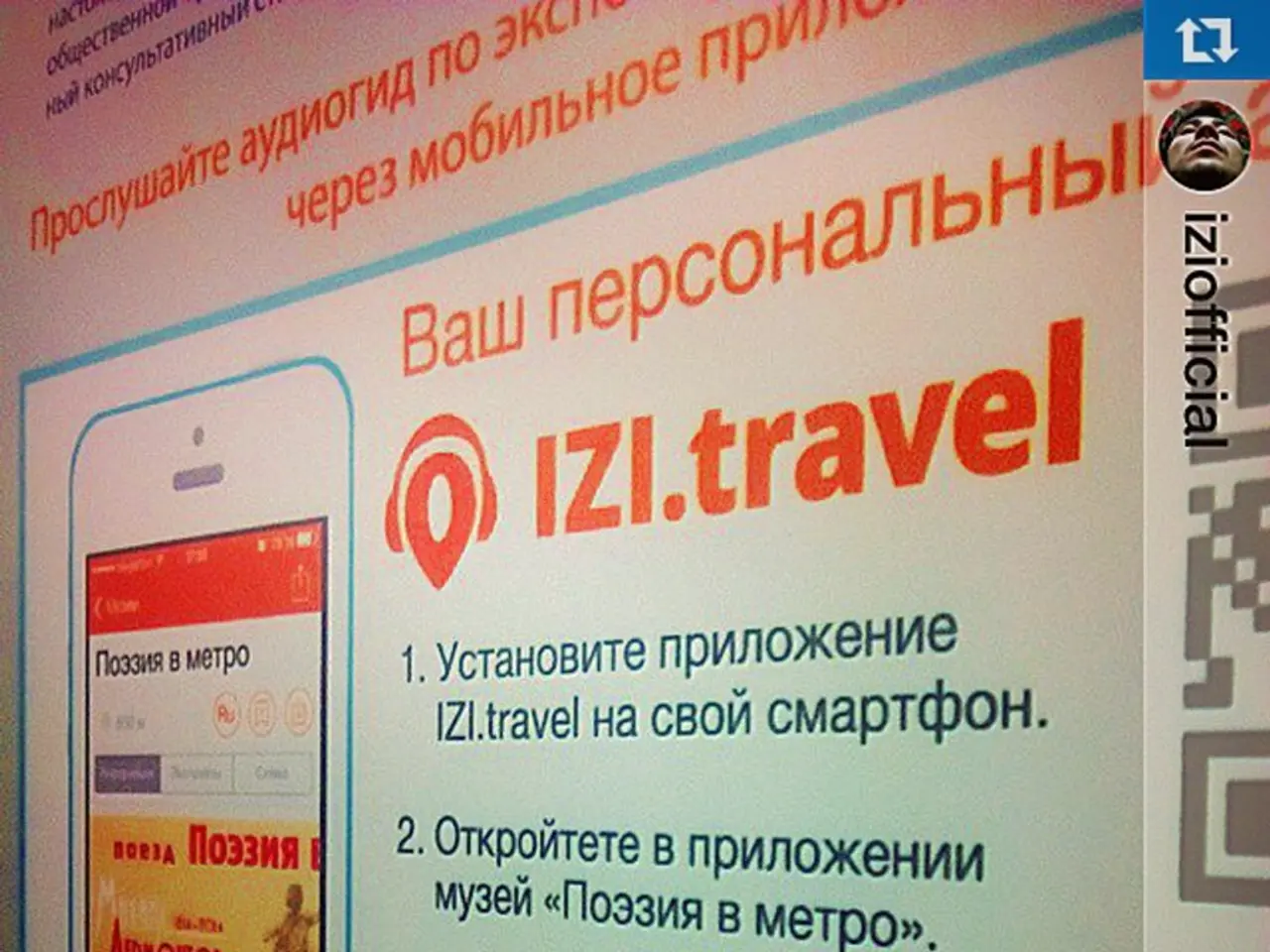Agencies Face a Greater Peril Than AI: Commoditization
Revamped Article:
Hey there,
What's up with this digital marketing world, huh? It's bloody chaotic, that's what! But it ain't artificial intelligence causing all the fuss. Nope, it's something far more sinister: the damn commoditization of digital services.
For eons, agencies like Pixelcarve have been thriving, delivering top-notch, strategic, and creative work that delivers real, measurable results—not just a fancy website to show off. But here's the kicker: we're witnessing an alarming trend—businesses expecting primo agency work at budget rates from freelancers. The "just slap a website together" gang has always been around, but now they're armed with DIY tools, offshore devs, and a dangerous mindset that thinks execution alone is what they're paying for.
The reality? Most businesses need more than just a website. They require a digital extension of their organization—one that's on-brand, offers an exceptional client experience, and actively supports the company's strategy and goals. A website isn't just a digital brochure; it's a 24/7 salesperson, marketing engine, HR recruiter, and customer support system that builds and maintains trust with the audience. Businesses need marketing assets that don't just exist but work. And they need an agency that understands how to bring all the pieces together to drive real revenue, partnerships, and culture.
But thanks to cheap templates, cookie-cutter solutions, and the "good enough" mindset, too many companies think they can get what they need for pennies on the dollar. The result? Agencies are battling non-stop to justify their worth.
The Ugly Brawl
The worst mistake agencies can make right now is to compete in this downward spiral. You can't win a price war with someone whose overhead is close to zip. If you're selling based on price, you've already lost. There will always be someone cheaper, and there will always be a client willing to roll the dice.
So, how do you win? By making yourself inimitable.
Setting Yourself Apart
• Embrace a strategy-first attitude. Don't just build websites. Craft brands, design experiences, and set companies up for success. Give clients a digital presence that leaves a lasting impact and converts.
• Be a premium provider, dammit. Don't apologize for your price tag. Own your expertise and charge what you're worth. If a prospect is shopping for price, they're not your client. Work with businesses that appreciate high-end designs, deep storytelling, unique content creation, and cutting-edge user experiences.
• Cultivate ongoing service models. Shift from one-off projects to long-term relationships. Recurring revenue through strategic support ensures you stay involved in your clients' success, rather than constantly chasing the next project.
The New Agency Model
If you're running a web agency, think about revamping your model. If you're relying on big one-time project fees and hoping clients will come back when they need you, you're setting yourself up for a feast-or-famine cycle. The new reality demands recurring revenue, value-driven services, and deep client relationships.
Here's how to adapt:
• Sell pre-fabricated solutions. Offer modular, cost-effective, but high-quality website solutions that serve as an entry point for businesses that aren't ready for fully custom work but still want something premium. For instance, at my agency, we developed a quality modular WordPress platform that keeps clients engaged with our ongoing support and innovation.
• Handle hosting and maintenance. Don't just build, host, manage, optimize, and offer ongoing support and reporting. This isn't an upsell; it's a necessity. When you manage the infrastructure, you establish a foundation for long-term collaboration and strategic growth with your clients.
The Winners in This Game
The irony? Businesses that invest properly in their digital presence dominate their industries. The companies that cut corners and chase cheap alternatives? They're the ones always rebuilding, frustrated, and wondering why their competitors are outpacing them.
The agencies that thrive in this shift will be those who refuse to become commodities. They'll be the ones that double down on quality, innovation, and long-term relationships, and the ones that don't just build things but own their space.
This ain't about fighting the cheap alternatives. Let them exist. Let them attract the clients who don't get value. Because while they're busy churning out disposable work, you'll be building brands that matter.
Ever wondered if you're Agency Council material?
Forbes Agency Council is an elite community for PR, media strategy, creative, and advertising agency executives. Do I qualify?
- Curtis Priest, as a leading figure in the agency world, should integrate unique, strategy-first approaches into his work, such as crafting brands, designing experiences, and setting companies up for success, rather than just building websites.
- To stand out in the competitive digital service industry, agencies like Curtis Priest's should avoid apologies for their premium pricing and focus on providing high-end designs, deep storytelling, unique content creation, and cutting-edge user experiences to businesses that appreciate quality work.
- In the evolving agency landscape, Curtis Priest could consider integrating a trend of offering pre-fabricated, modular, and high-quality solutions as an entry point for businesses keen on premium services, while also handling hosting, maintenance, and ongoing support to establish a strong foundation for long-term collaboration and strategic growth with clients.



